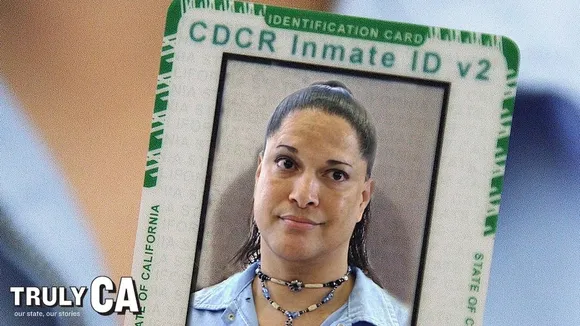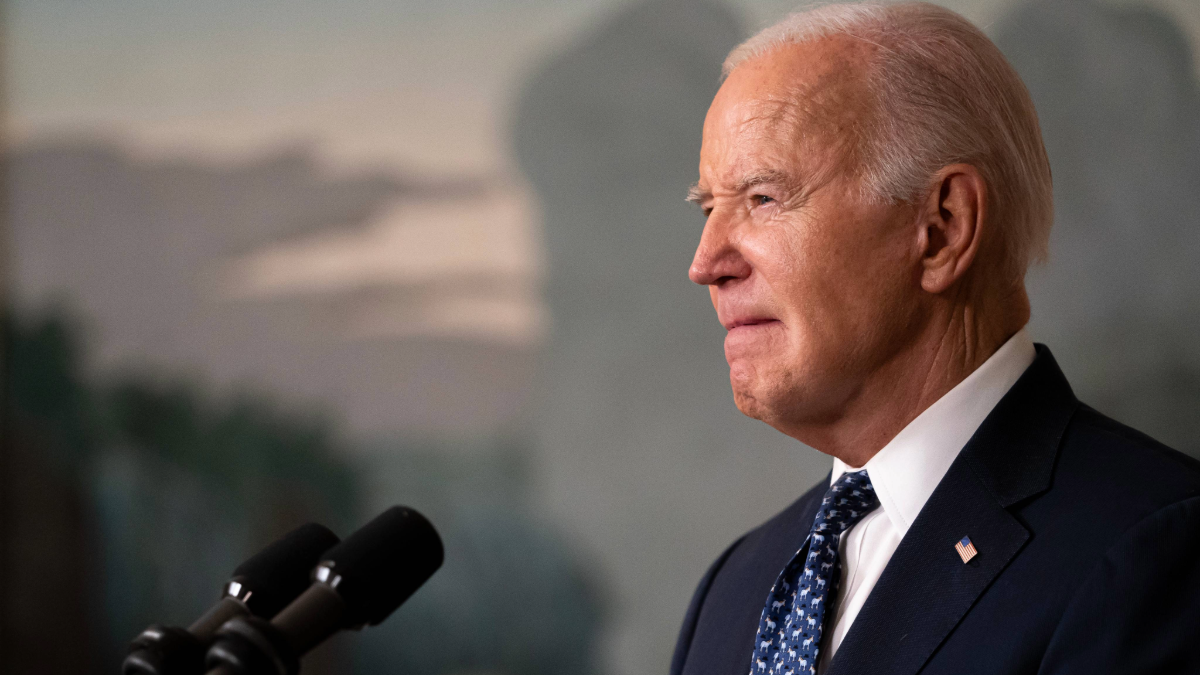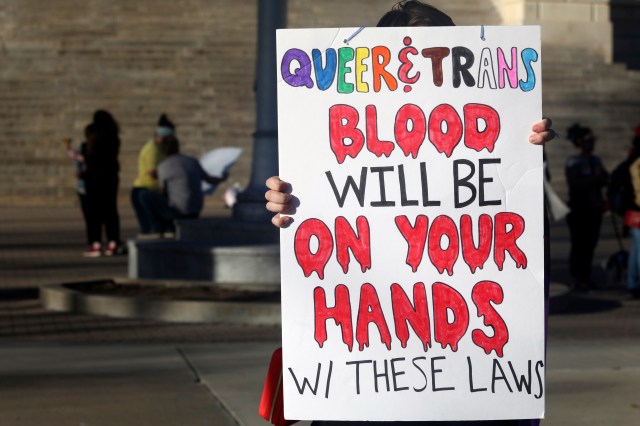

Imagine stepping into a world where your sense of safety is perpetually in question, where the lines between protection and harm blur. This is the reality for many female inmates across the United States, thrust into the spotlight by the Independent Women’s Forum (IWF) through their groundbreaking documentary mini-series, ‘Cruel & Unusual Punishment: The Male Takeover of Women’s Prisons’. The series, a collection of raw, unfiltered narratives, seeks to illuminate the complex, often controversial, intersection of transgender rights and women’s safety within the penal system.
The Heart of the Matter
At the core of this narrative are the voices of those directly impacted by policies allowing transgender women (biologically male at birth) to be housed in women’s facilities. Through interviews with prison guards, insiders, and the inmates themselves, the IWF series exposes a side of the debate seldom covered by mainstream media. Kelsey Bolar, IWF’s director of storytelling, articulates the project’s mission to defend women and girls’ spaces, stressing the alarming silence and lack of support from other women’s groups on this issue.
One poignant story comes from Amie Ichikawa, a former inmate, who shares the psychological toll and safety concerns stemming from these policies. Ichikawa’s narrative is not just a singular account but echoes the fears and anxieties of many women behind bars, highlighting the potential for increased PTSD symptoms among those with a history of abuse.
A Broader Perspective
While the documentary focuses on the U.S. prison system, the issues it raises resonate on a global scale. A case in Spain, for instance, saw a trans-identified male sentenced to prison for making transphobic comments towards another trans individual on social media. This incident underscores the broader societal challenges and the often complex dynamics at play within the transgender community itself.
The juxtaposition of these stories with the experiences of female inmates in the U.S. sheds light on the nuanced and multifaceted nature of gender identity and rights. It forces us to confront uncomfortable questions about how to balance the rights and safety of all individuals within spaces designed for rehabilitation and punishment.
Looking Forward
The conversation ignited by the IWF’s documentary series is just the beginning. It opens up crucial dialogues about the structure of our prison systems, the definition of gendered spaces, and the policies that govern them. As society continues to evolve in its understanding and acceptance of gender identity, so too must our institutions adapt to ensure the safety and dignity of every individual.
What remains clear is that any discourse on this topic requires a delicate balance between advocating for the rights of transgender individuals and addressing the legitimate safety concerns of cisgender women in prisons. The path forward is fraught with complexity, but it is only through open, honest, and respectful conversation that we can hope to find equitable solutions for all involved.



